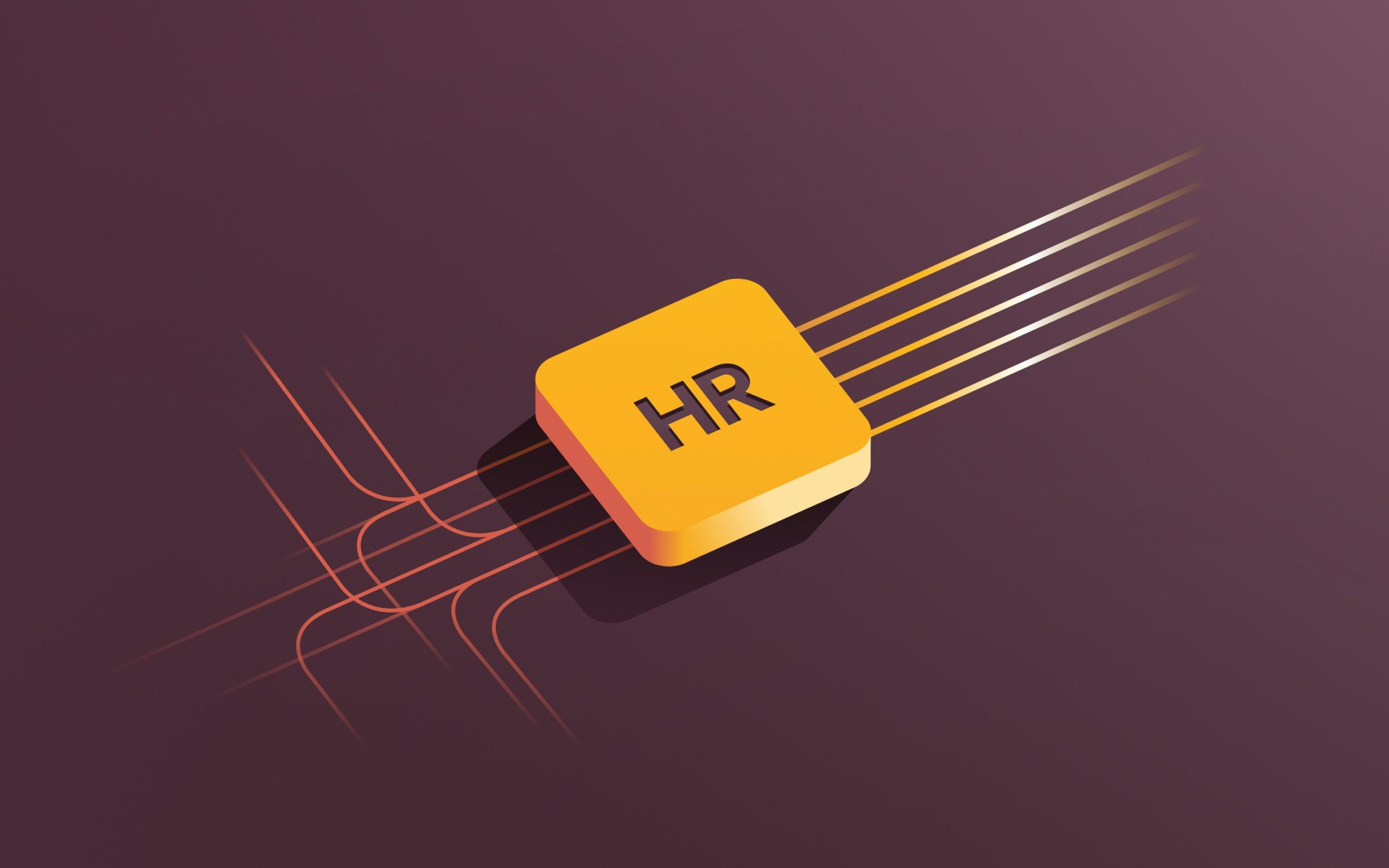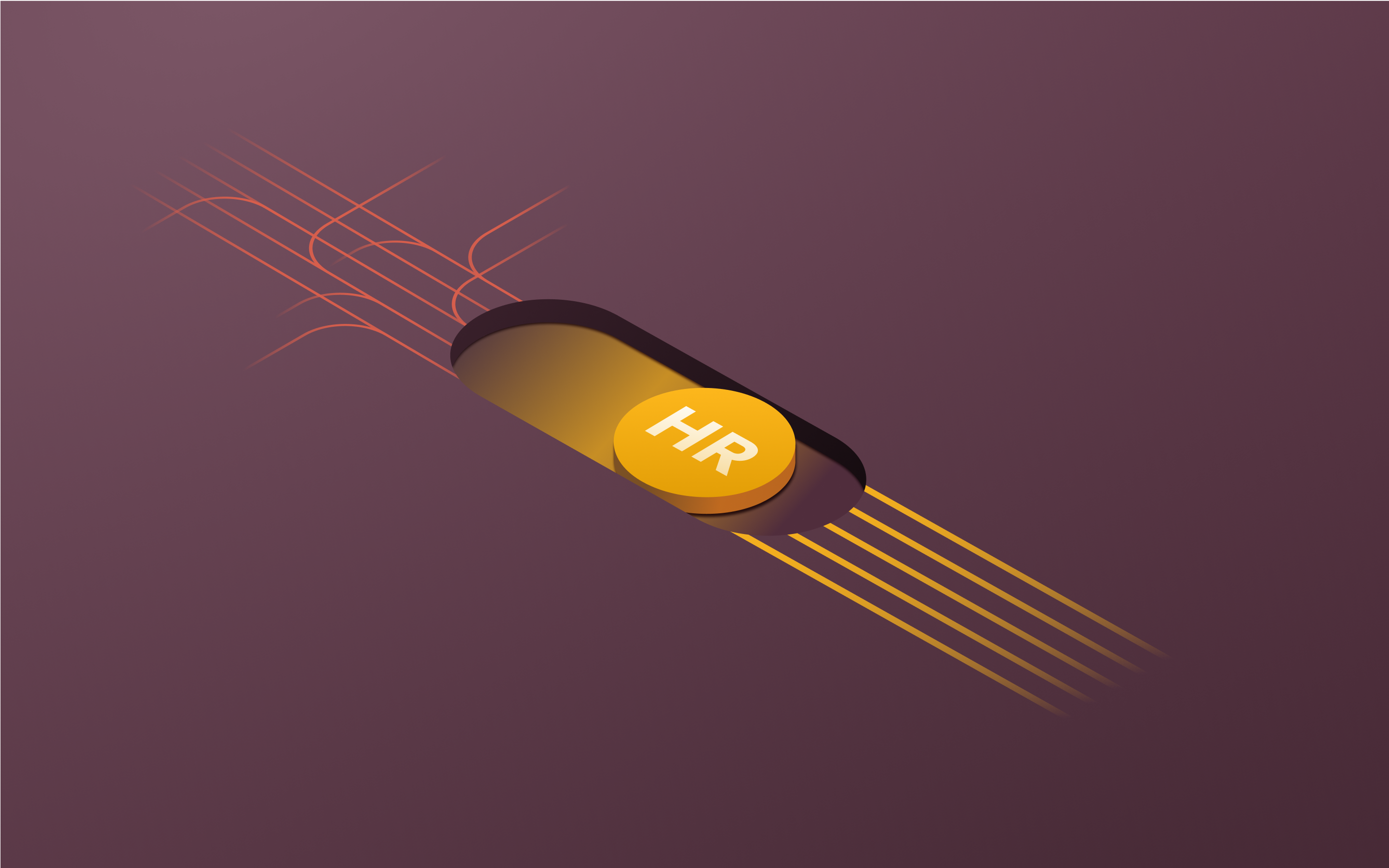Payroll tax in Washington, DC: What employers need to know [Updated 2025]

True, it’s the seat of the federal government of the United States of America. But Washington, DC—formally called the District of Columbia—is also a lively municipality and a separate entity from the federal government, with its own rules, minimum hourly wage, and yes, taxes. So in addition to2 the federal income tax and FICA taxes, like Medicare and Social Security, which are levied by the IRS, companies are also responsible for DC-specific payroll taxes.
Similar to California, the District of Columbia has a progressive tax system, meaning the more your employees earn, the higher the taxes they’ll pay. Additionally, if your company is thriving and you have a lot of new hires, your employer tax contributions will go up, as will the amount you need to withhold from your workers’ paychecks. To make things even more complex, due to its location on the border of Maryland and Virginia, DC has reciprocal agreements and terms with the governments of each state about tax withholding—a topic we’ll dive into later.
Whether you’re starting a new business, managing a small business, or running a successful global company, if you have employees in the District of Columbia, you need to understand the different types of taxes that come out of their paychecks, the rates, when the deadlines are, and how to pay. We’ll go over all of that and more in this guide.
Washington, DC's payroll taxes
In Washington, DC, the Office of Tax and Revenue (OTR) administers payroll taxes at the local level. The District of Columbia has two types of payroll taxes: Unemployment insurance tax and a District income tax. We’ll go over what each of these is below.
Unemployment insurance tax
In addition to the Federal Unemployment Tax Act (FUTA), Washington, DC requires employers to pay a state unemployment insurance (SUI) tax to support people who are out of work. UI tax is one area in which the District of Columbia differs from the federal government and other states: There’s no minimum wage amount you have to reach before you’re required to pay UI tax. Regardless of how much you pay your employees—even if you only have one—you must pay this payroll tax.
New employers pay a standard tax rate of 2.7% on the first $9,000 of wages paid to each worker. This rate will stay the same for four to five years, which is the amount of time the OTR usually takes to assign the employer an experience rate. The experience rate is based on a few factors, including:
- The amount of taxes the company pays
- The amount of UI benefits the employer pays former workers
- The average size of an employer’s annual payroll for the three preceding years
Once an employer has been given an experience rate, they are considered an “established” employer and will pay a new UI tax rate, which may be lower or higher depending on what the OTR decides.
Because the UI tax rate for established employers is based on many different factors, there is no specific minimum or maximum the OTR gives companies that are wondering how much they might owe.
Personal income tax
As mentioned earlier, in addition to federal income tax, Washington, DC charges a local, progressive income tax that comes out of an employee’s wages. This money is used to fund programs that benefit the community, including education and health services, police and fire services, and road maintenance.
Employers are required to withhold this local income tax from the pay of employees who are DC residents. Under Section 47-1801.04(17) of the DC Official Code, also known as the “183-Day Rule,” anyone who maintains a home in the District of Columbia for at least 183 days a year is considered a legal Washington, DC resident and must pay DC income taxes. Nonresidents do not have to pay this tax.
Income tax rates are based on employees’ W-4 forms. There are seven tax brackets; the rates are based on income, not filing status
Who pays
Employee
Tax rate
Based on the employee's Form W-4
Taxable wage limit
No limit
Maximum tax
No maximum
Below is a table of the income tax brackets in Washington, DC.
Income Range
Tax Rate
$0 - $10,000
4.00%
$10,001 - $40,000
6.00%
$40,001 - $60,000
6.50%
$60,001 - $250,000
8.50%
$250,001 - $500,000
9.25%
$500,001 - $1,000,000
9.75%
$1,000,001 and up
10.75%
Navigating District of Columbia payroll tax laws can be overwhelming, with its progressive local income tax, seven tax brackets, and additional DC-specific payroll tax. Fortunately, Rippling’s payroll compliance software makes it easy. Rippling automatically calculates your taxes and submits your tax forms and payments on your behalf—monitoring the tax laws at the federal and local levels to ensure total compliance. To give you even more peace of mind, Rippling’s PEO can register and maintain your DC tax accounts for you, automating even more of the payroll tax process.
Paid family leave
As of July 1, 2020, the local DC government began administering paid family leave benefits and requires private employers to pay a quarterly payroll tax of 0.62% a covered employee's total wages
DC's Paid Leave Act gives eligible employees:
- 12 weeks off to bond with a newborn
- 12 weeks to take care of a family member with a health condition
- 12 weeks to care for a serious personal health condition
- Two weeks for prenatal care
Payroll tax due dates in Washington, DC
District of Columbia employers must submit Employer's Quarterly Contribution and Wage Report (Form UC-30) each quarter. You must send in the form for as long as you are in business, regardless of whether or not you actually paid any wages during one specific quarter. The due dates are as follows:
- First quarter (January-March): Due April 30
- Second quarter (April-June): Due July 31
- Third quarter (July-September): Due October 31
- Fourth quarter (October-December): Due January 31
Note: Form UC-30 ensures you are paying the correct amount of unemployment insurance tax. The requirements for depositing personal income tax may be different.
According to the Department of Employment Services, there’s actually a reward for paying your UI taxes on time: A tax credit of 90% of your federal unemployment tax. If you make your payments outside the pay period, however, you’ll owe the IRS more money, and the percentage of federal UI tax you receive as a credit goes down.
How to submit payroll taxes in Washington, DC
So, now you know what employment taxes you’re responsible for and when to pay them. But how do you actually complete your tax filing obligations? There are a few options.
Pay Online
Employers looking for a quick, simple way to pay their payroll taxes electronically can use their debit or credit card by visiting MyTax.DC.gov. There, you’ll find instructions on how to pay. Keep in mind you’ll be charged a 2.5% convenience fee for using your credit card, though.
File by mail
Employers who want to pay by check or money order can complete their tax filing obligations by mail. Simply make the check or money order payable to the DC Treasurer and write the following information on your payment:
- Employer identification number (EIN)
- Daytime phone number
- Tax year (NOT the calendar year)
The address you use will depend on what form and payment you’re sending in. The OTR provides a useful list of addresses here.
Other payment options
In addition to paying online or by mail, you can pay by Electronic Funds Transfer (EFT). However, this isn’t the easiest way to do things: the OTR has a very long guide for people who want to make EFT payments via Automated Clearing House (ACH).
Rippling’s full-service payroll software
Looking for the simplest payment option? Rippling’s payroll software is so powerful, it practically runs itself. Rippling automates all your compliance work and files your federal and District of Columbia-mandated payroll taxes at the right time, with the right agencies.
FAQs about Washington, DC payroll taxes
What are the informal tax withholding agreements DC made with Virginia and Maryland?
The local District government has reciprocal agreements with the Commonwealth of Virginia and the state of Maryland: Residents of those states who work in DC have state income tax and other taxes withheld for their home state only and are not considered residents of the District of Columbia. Employers can only withhold DC-specific payroll taxes from DC residents. So, when you hire an employee in the District of Columbia, you need to find out exactly where they are legally a resident before you start taking out employment taxes.
Are there paid family leave taxes in DC?
Yes. As of July 1, 2020, the local government began administering paid family leave benefits and requires private employers to pay a 0.62% tax on employee wages to fund the district's paid family leave program.
Can your tax returns be audited in the District of Columbia?
Yes, the Office of Tax and Revenue routinely conducts audits to ensure DC businesses are paying the correct amount of taxes.
Does Washington, DC have a state disability insurance tax?
No, the District of Columbia does not offer state disability insurance (SDI), so there’s no SDI tax.
Disclaimer: Rippling and its affiliates do not provide tax, accounting, or legal advice. This material has been prepared for informational purposes only and is not intended to provide or be relied on for, tax, accounting, or legal advice. You should consult your own tax, accounting, and legal advisors before engaging in any related activities or transactions.






